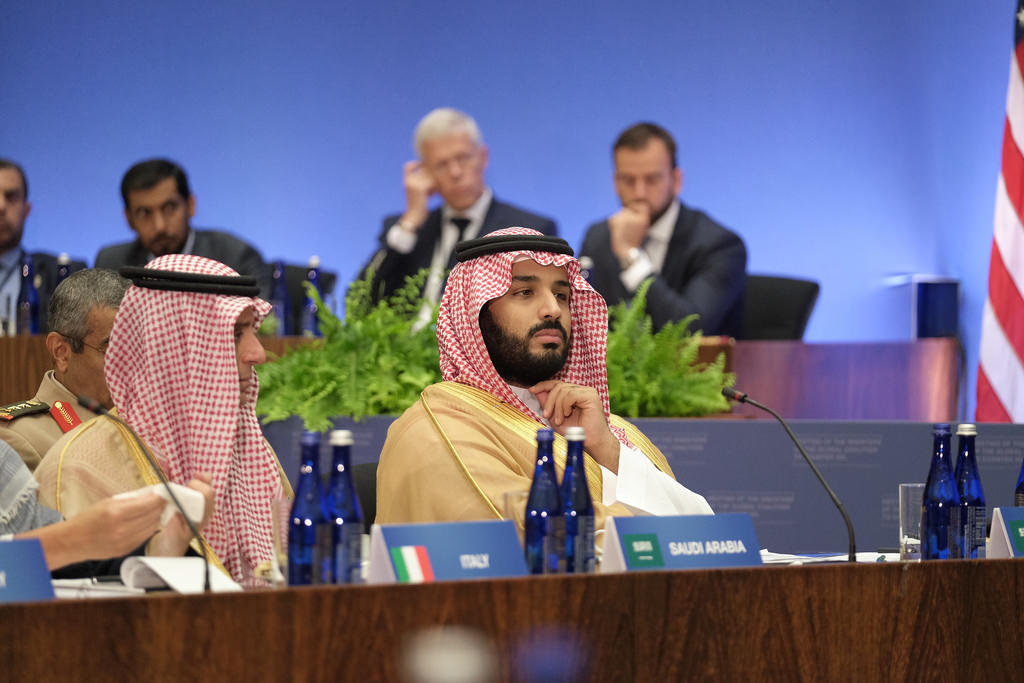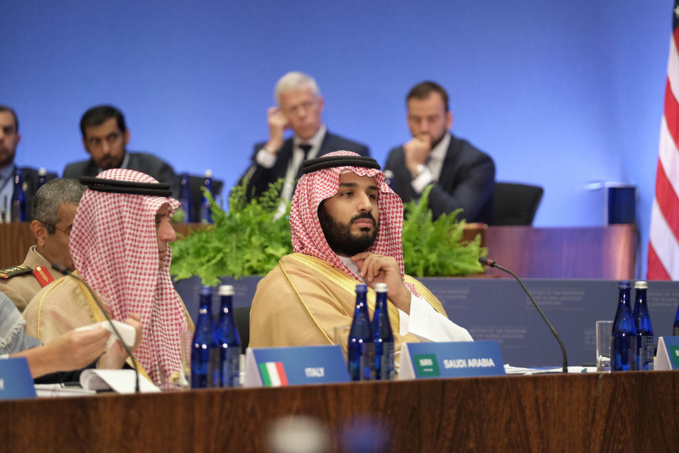The sale of state property to private owners underlies the economic reform plan of Crown Prince Mohammad bin Salman, who is trying to reduce the country's dependence on petrodollars and to soften the conservative foundations of society. However, many bankers perceived with skepticism previous official forecasts about the sale of assets at $ 200 billion in several years. "Most likely, the government will try to attract both domestic and international private investment," said Monica Malek, chief economist at Abu Dhabi Commercial Bank. "So far, such initiatives have been implemented slowly enough, and now attention will be focused on how quickly progress in the implementation of the announced plan will be made."
The NCP is implementing this plan separately from the main element of the reform program - IPO of the oil state company Saudi Aramco. The placement, announced in early 2016, is intended to be held this year. However, top executives from the oil industry believe that Riyadh may abandon its initial plans to place shares on Western exchanges.
The net effect of the privatization program is expected to amount to 25-33 billion riyals ($ 6.7-8.8 billion) in the form of government spending compensation. It is also planned to conclude 14 contracts in the field of public-private partnership (PPP), which will yield additional 24-28 billion riyals ($ 6.4-7.5 billion) of budget expenditures. With the help of this program, the authorities "will try to remove all the obstacles that can limit increase the private sector’s role in development of the Kingdom’s economy," said Turki Abdulaziz al-Hokail, CEO of the NCP.
The program also provides for transformation of state ports into companies and their further transfer to private hands, as well as privatization of some transport services health services in new cities by 2020 and. PPP is planned to be developed in such areas as parking and water regeneration; private operators will also be allowed to some public schools.
NCP wants to create 10,000-12,000 jobs in the private sector. The government expects to increase its contribution from 40% of GDP now to 65% in 2030 and reduce unemployment from 12.8% to 7%.
After the oil prices collapsed in 2014-2015, the government cut some subsidies to citizens and government spending, as a result of which the economy experienced a recession last year. Despite the fact that budget expenditures have been increased this year, many analysts expect slow GDP growth. The investment climate also suffered from the anti-corruption campaign of Prince Mohammad, during which more than 150 princes, businessmen and officials were held in the Ritz-Carlton Hotel in Riyadh for more than two months since November 2017.
Some experts question success of the government's privatization plans, given difficulties in selling government agencies that employ well-paid but poorly motivated employees who are not used to market competition. Partial privatization of the local stock exchange and the airport of Riyadh was postponed.
NCP is conducting seminars with local businessmen and is participating in international investment conferences to talk about emerging investment opportunities and a changing regulatory regime. "There is appetite, there is a willingness," Al-Khokail said about the interest in the privatization of state assets.
source: ft.com
The NCP is implementing this plan separately from the main element of the reform program - IPO of the oil state company Saudi Aramco. The placement, announced in early 2016, is intended to be held this year. However, top executives from the oil industry believe that Riyadh may abandon its initial plans to place shares on Western exchanges.
The net effect of the privatization program is expected to amount to 25-33 billion riyals ($ 6.7-8.8 billion) in the form of government spending compensation. It is also planned to conclude 14 contracts in the field of public-private partnership (PPP), which will yield additional 24-28 billion riyals ($ 6.4-7.5 billion) of budget expenditures. With the help of this program, the authorities "will try to remove all the obstacles that can limit increase the private sector’s role in development of the Kingdom’s economy," said Turki Abdulaziz al-Hokail, CEO of the NCP.
The program also provides for transformation of state ports into companies and their further transfer to private hands, as well as privatization of some transport services health services in new cities by 2020 and. PPP is planned to be developed in such areas as parking and water regeneration; private operators will also be allowed to some public schools.
NCP wants to create 10,000-12,000 jobs in the private sector. The government expects to increase its contribution from 40% of GDP now to 65% in 2030 and reduce unemployment from 12.8% to 7%.
After the oil prices collapsed in 2014-2015, the government cut some subsidies to citizens and government spending, as a result of which the economy experienced a recession last year. Despite the fact that budget expenditures have been increased this year, many analysts expect slow GDP growth. The investment climate also suffered from the anti-corruption campaign of Prince Mohammad, during which more than 150 princes, businessmen and officials were held in the Ritz-Carlton Hotel in Riyadh for more than two months since November 2017.
Some experts question success of the government's privatization plans, given difficulties in selling government agencies that employ well-paid but poorly motivated employees who are not used to market competition. Partial privatization of the local stock exchange and the airport of Riyadh was postponed.
NCP is conducting seminars with local businessmen and is participating in international investment conferences to talk about emerging investment opportunities and a changing regulatory regime. "There is appetite, there is a willingness," Al-Khokail said about the interest in the privatization of state assets.
source: ft.com



















